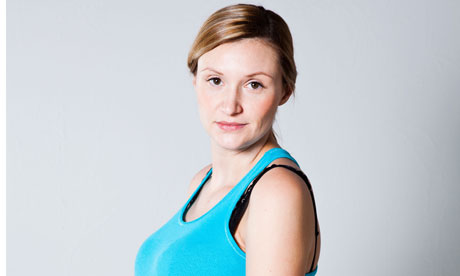
It is one of the upsides of pregnancy, enjoying your food without worrying about your weight. Of course there are limitations (no pate, soft cheese or shellfish) but you can still snack with impunity. Or can you? A study in the BMJ that analysed research from 44 other studies involving 7,278 pregnant women, shows that those who watched their weight were 3.84kg lighter and had fewer complications (such as premature birth and pre-eclampsia) than those who didn't.
So should you stop eating for two and start counting the calories again?
The solution
The advice to eat for two when you're pregnant has been out of date for years. But this new study does not suggest you should go on a calorie-restricted diet or any diet that would ordinarily make you lose weight if you stuck to it.
Instead it advises that you might want to control the weight you put on in pregnancy so it doesn't get out of hand. However, if you weigh more than 100kg your doctor or midwife might get you to watch your calorie intake more closely.
The research suggested that women who exercised put on less weight over their pregnancy than those who didn't, but only by 0.7kg. Women who were on these diets did not have babies that were significantly lighter than mothers who did not diet.
Previous studies have shown that women who are already overweight or who become obese in pregnancy, risk complications not just at birth (including a higher rate of caesarean section, blood loss and infections afterwards) but as their children become adults. A study looking at the link between mothers' weight gain and the weight of their children found that decades later their children were more likely to be obese if their mothers had been so during pregnancy.
The National Institute for Health and Clinical Excellence does not say that pregnant women should be weighed regularly. They used to be but this was stopped because such measures did not identify women at risk of pre-eclampsia, as was intended. But this research is unlikely to change guidance just yet. The findings aren't clear on whether it is riskier to be obese before you get pregnant (so there isn't much to be done to reduce your risk once pregnant) or if you put on too much weight during pregnancy.
The amount of weight that women normally put on varies – and includes not only the baby but the fluid around it, the placenta and the increase in fluid circulating around the body, as well as fat – but should be between 8-14 kg. Much of this weight gain will generally occur in the third trimester.
So, while pregnant women should not go on calorie-controlled diets, this research does suggest that eating a healthy, well-balanced diet and not becoming obese when you are expecting are good things to aspire to.

